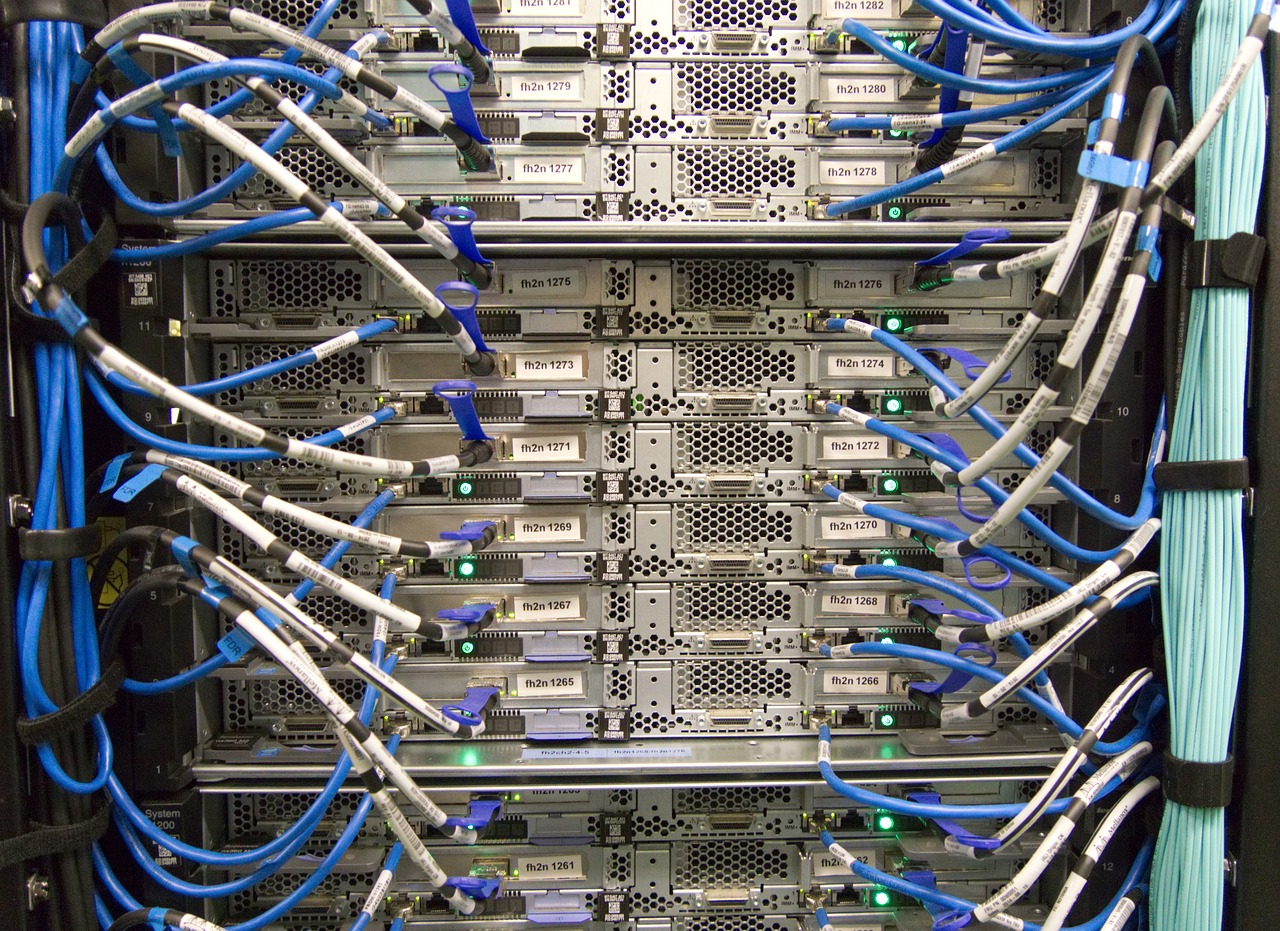ECL has introduced an innovative data center concept powered entirely by hydrogen, designed to support high-density GPU operations without relying on the traditional power grid.
As data center operators face increasing demands for energy due to the rapid expansion of AI technologies, there is a growing interest in alternative energy solutions. ECL, a colocation provider, believes it has found the answer with a hydrogen-powered data center that operates independently from the electrical grid, generates water as a byproduct, and achieves a Power Usage Effectiveness (PUE) of 1.1.
Located in Mountain View, California, ECL’s MV1 facility serves as a prototype for what the company envisions as a future series of sustainable, modular data centers. These centers are specifically designed to handle high-density GPU workloads, with each rack supporting up to 75 kW.
ECL asserts that it can deliver these new facilities in less than 12 months, a significant reduction from the typical two to three years required for conventional data center construction.
The MV1 is a one-megawatt modular design, allowing for additional capacity to be easily added as needed, according to ECL’s founder and CEO, Yuval Bachar. Bachar, who has held senior engineering and infrastructure roles at major tech companies like Microsoft, LinkedIn, Facebook, and Cisco, emphasized that the modular design of the hydrogen-powered data center is scalable.
“We’re fully validating the technology to ensure it can scale to any size we require,” Bachar said. “We already have multiple larger projects in the pipeline, which will expand significantly beyond our current unit.”
While the concept of hydrogen-powered data centers is not entirely new, it has yet to gain widespread adoption in the industry. According to a 2024 survey by AFCOM, only 16% of respondents believe hydrogen-powered data centers are gaining momentum, compared to 59% for solar power and 28% for wind power. ECL is aiming to shift this perception.
A Truly Zero-Emission Facility
ECL’s first client, Cato Digital, a provider of bare-metal GPU services, has purchased all available capacity at the MV1 facility. Initially, Cato will deploy 84 Nvidia DGX servers, with plans to add another 44, bringing the total to 1,800 GPUs for AI-as-a-Service operations.
Bachar notes that while the average cost to build a one-megawatt data center typically ranges between $14 and $15 million, ECL’s hydrogen-powered facility is about 30% to 40% cheaper. The operational costs are also lower since the data center uses hydrogen instead of electricity from the grid.
Although hydrogen is the most abundant element in the universe, it isn’t free. Regular deliveries of hydrogen are required to fuel the data center, but Bachar points out that hydrogen is 50% less expensive than an equivalent amount of diesel fuel.
“It’s certainly more cost-effective than relying solely on diesel generators. Plus, it’s fully sustainable, providing much more than just cost savings. It’s truly a zero-emission site,” Bachar explained.
An ECL data center can be established virtually anywhere, provided there is a consistent hydrogen supply. Unlike traditional data centers that consume large volumes of water, the MV1 facility actually produces water during the power generation process, which ECL then returns to the local water supply.
ECL holds around 20 patents related to power distribution, power collection, and cooling technologies. The company uses a custom cooling system with rear door heat exchangers. With the next version of this cooling technology, expected to be available in the second or third quarter of next year, ECL plans to increase cooling capacity to handle up to 125 kW per rack.
Industry Reactions
Jabari Williams-George, a senior research analyst with the Uptime Institute, remarked, “[ECL] is achieving what many in the industry aspire to—sourcing hydrogen power on-site and producing both cold and hot water streams as a byproduct.”
However, some industry experts remain skeptical about hydrogen as a viable power source, citing its long history without widespread adoption.
“Hydrogen fuel cells have been discussed in the industry for 40 to 50 years,” said Jack Gold, principal analyst at J.Gold Associates. “I recall a meeting 25 years ago where we were told that the next generation of laptops would be hydrogen-powered. That never materialized.”
Ashish Nadkari, an analyst with IDC, added, “The key concerns are the reliability of hydrogen supply and the quantity needed to keep operations running. Will they need to refuel daily, or every two or three days?”
Despite the skepticism, it’s evident that new approaches are necessary to address the energy demands of modern data centers, especially with the increasing load from AI applications. ECL is set to launch additional hydrogen-powered data centers in the coming months.

